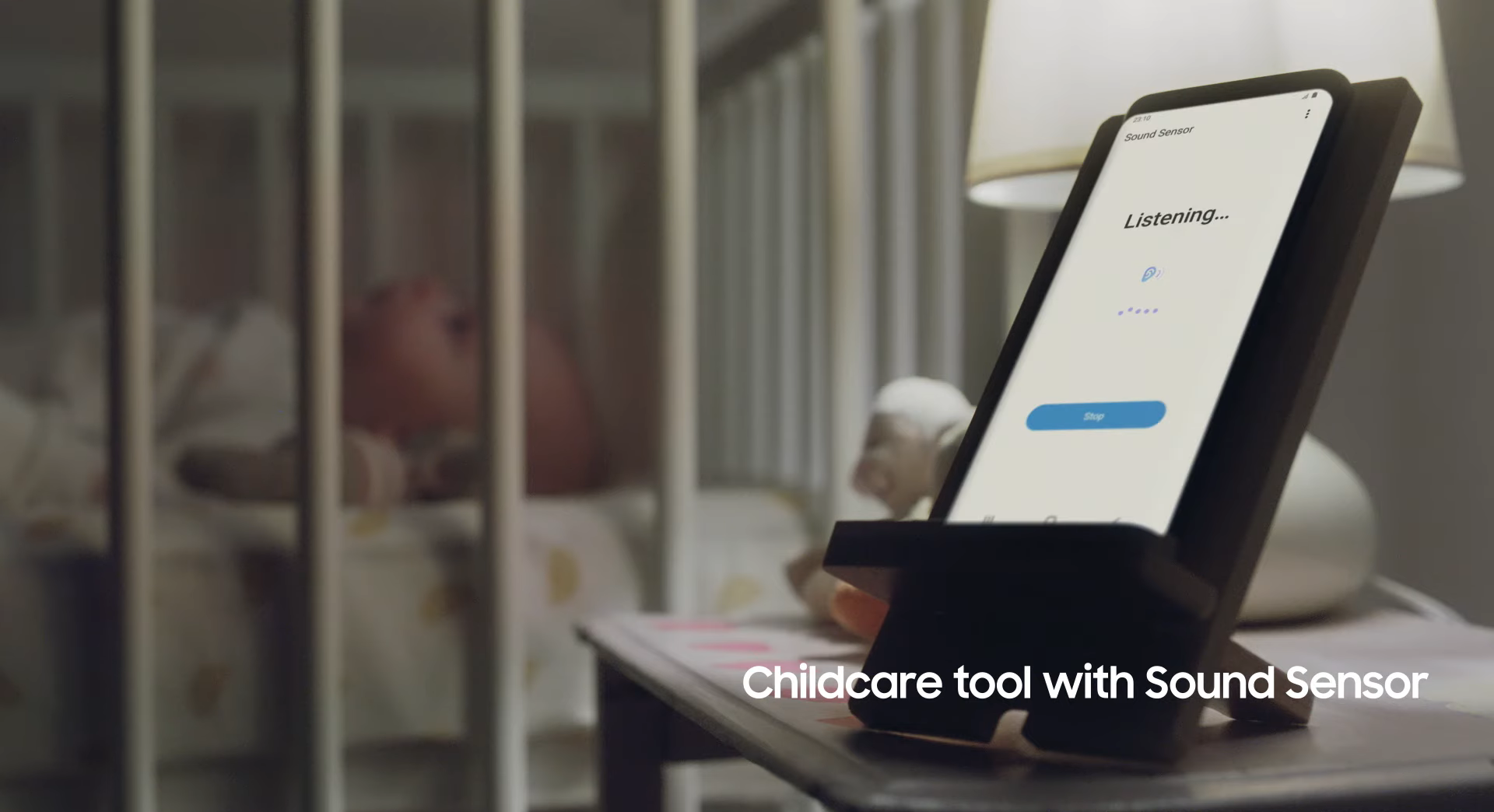Samsung revealed a lot of new and exciting technology during its CES 2021 presentation. As you expect from Samsung, there were awesome screens, smart technology appliances, and more—though a notable lack of smartphone announcements.
However, one thing caught the eye towards the end of the Samsung CES 2021 conference: an update to Galaxy Upcycling at Home.
Upcycle Your Old Samsung Galaxy Devices
Back in 2018, Samsung announced the Galaxy Upcycling program, an initiative to stop Samsung Galaxy smartphones from ending up as e-waste at the end of their lifecycle (or even before that point!).
Now, in 2021, the scheme is receiving an update, refocusing the project on your home and the Internet of Things.
Enter the Galaxy Upcycling at Home initiative, a program that “reimagines the lifecycle of an older Galaxy phone and offers consumers options on how they might be able to repurpose their device to create a variety of convenient IoT tools.”
Samsung will release a software update for its older Galaxy devices that allows users to choose how they want to repurpose old devices.
The examples Samsung provides are a childcare tool with a sound sensor that links to your current device or a pet care monitoring and management tool. Both examples build upon the upcycling ideas from the original scheme, where Samsung users repurposed old devices as fish tank monitoring tools or, indeed, as a makeshift baby monitor.

The biggest difference between the two schemes will be device support. The Samsung Galaxy update for older devices will enable better support for the latest apps, plus security updates for older hardware. Encouraging users to repurpose old phones is a positive step forward for a tech company.
As part of the same announcement, Samsung confirmed that from 2021, its QLED and UHD TVs, monitors, and audio products will now ship with its eco-packaging.
Repairability Is the Bigger Issue
As I’m sure many readers are crying out, if tech companies like Samsung really want to help reduce e-waste and boost sustainability, making devices easier to repair is the number one issue to resolve.
Too many times, the cost of repairing a device is trumped by purchasing a new one. Add in the difficulty of opening most modern smartphones along with sourcing proper parts that won’t break after a short period, and you can see why most people don’t bother.
Although consumers are focusing more on e-waste and the eco-friendly credentials of their tech, ethical and sustainable companies like Shiftphone or Fairphone are few and far between.
That’s not to completely knock Samsung. The Galaxy Upcycling at Home initiative is a positive step forward, without a doubt, and the tech-tinkerers of the world will always help push these ideas further.




